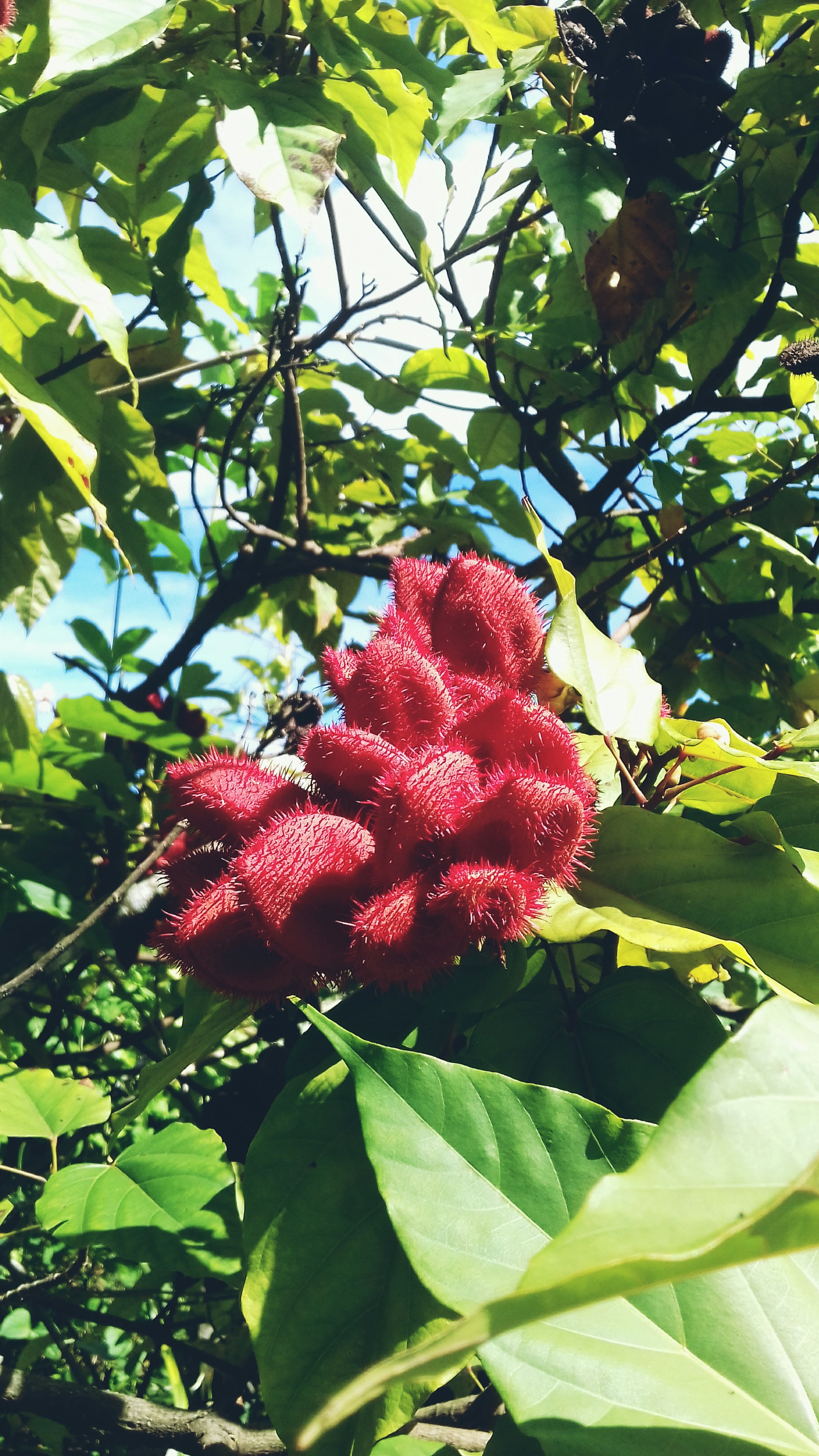Suriname Culture and Traditions: Local History, Customs, Festivals

Travel Guide: Explore Suriname Culture and Traditions
Suriname, located on the northeastern coast of South America, is a vibrant country known for its rich cultural heritage and diverse traditions. With a blend of indigenous, African, Indian, and Dutch influences, the country offers a unique travel experience. Immerse yourself in Suriname's history, customs, and festivals to truly appreciate the fascinating culture of this hidden gem.
Local History
Suriname's history is marked by colonization and a significant influence from various cultures. Originally inhabited by indigenous tribes, the region was later colonized by the Dutch in the 17th century. The Dutch brought enslaved Africans to work on the plantations, while Indian laborers were brought in as indentured servants. This diverse mix of cultures shaped Suriname into the melting pot it is today.
Suriname gained independence from the Netherlands in 1975, and since then, it has celebrated its cultural diversity and worked towards preserving its heritage.
Customs and Traditions
The people of Suriname take great pride in their customs and traditions, which have been passed down through generations. One notable aspect of Surinamese culture is the respect given to elders. It is customary to greet elders with a handshake and address them with the appropriate title, such as "meneer" for men and "mevrouw" for women.
The Surinamese people have a strong connection to nature, and many still follow traditional practices related to agriculture and fishing. Traditional healers, known as "mankoesi," use herbs and natural remedies to treat illnesses, combining ancient knowledge with modern medicine.
Music and dance play an integral role in Surinamese culture. The country is known for its vibrant music genres like kaseko and kawina, which blend African rhythms with traditional instruments. During festivals and celebrations, locals gather to dance, sing, and enjoy the rhythmic beats of their unique music.
Festivals
Suriname is renowned for its colorful festivals, which showcase the country's diverse cultural heritage. One of the most famous events is the Suriname Day parade, held on Independence Day, November 25th. The parade features traditional costumes, music, and dance performances from different ethnic groups, creating a vibrant spectacle that celebrates the nation's unity.
Another significant festival in Suriname is the Holi Phagwa celebration, also known as the "Festival of Colors." This Hindu festival symbolizes the triumph of good over evil and marks the arrival of spring. Participants throw colored powders and water at each other, creating a joyful and vibrant atmosphere.
The Maroon Day festival, celebrated on October 10th, honors the country's Maroon population, descendents of escaped African slaves who formed their own communities in the interior rainforest. This festival is a showcase of Maroon cultural traditions, music, and dance, offering visitors a unique insight into Suriname's history.
Conclusion
Suriname's culture and traditions are a testament to the country's rich history and multi-cultural heritage. From vibrant festivals to traditional customs, this South American gem offers a captivating travel experience. Immerse yourself in the Surinamese way of life, explore the diverse cultural expressions, and leave with a deeper appreciation of this hidden treasure.
